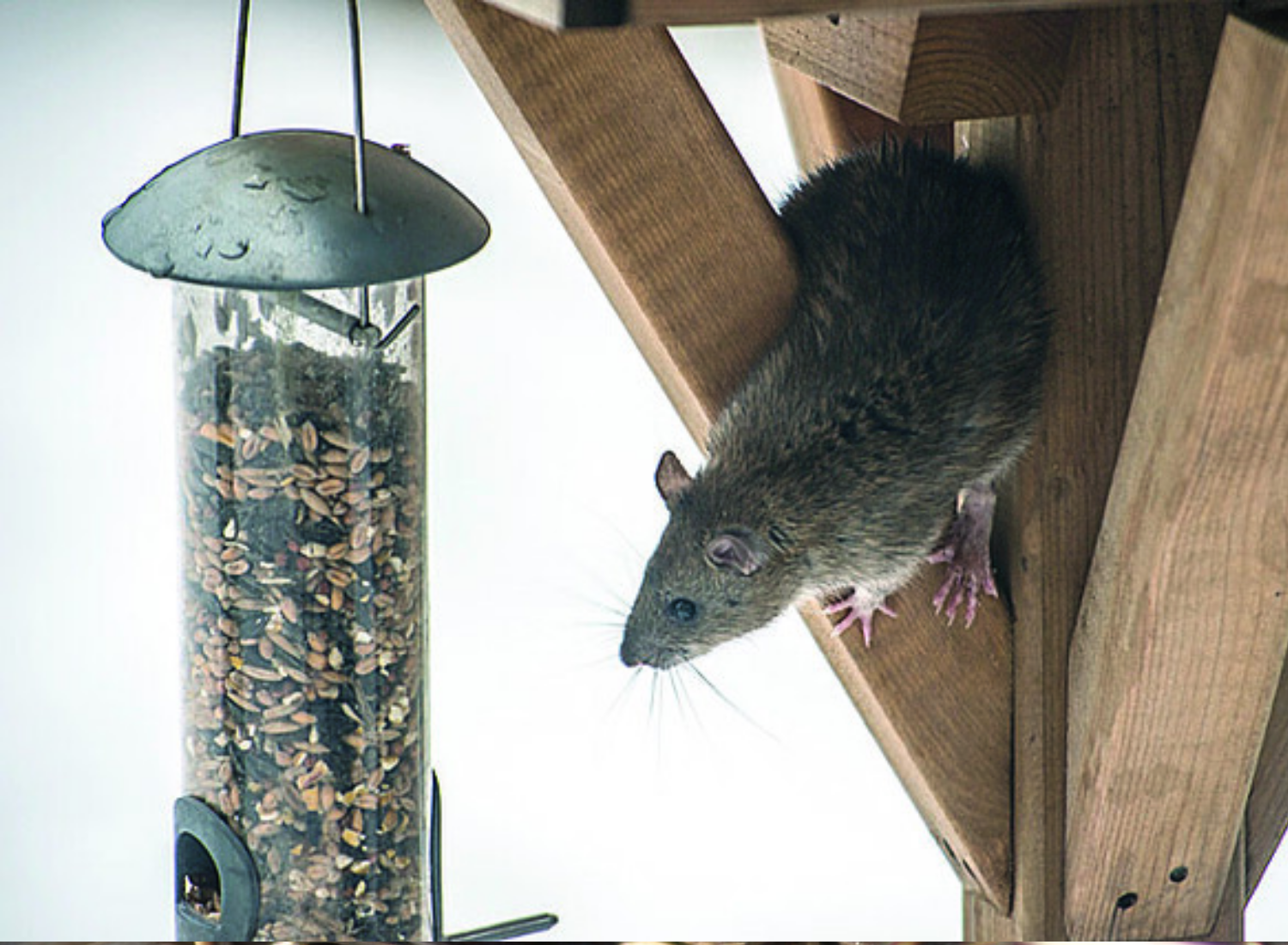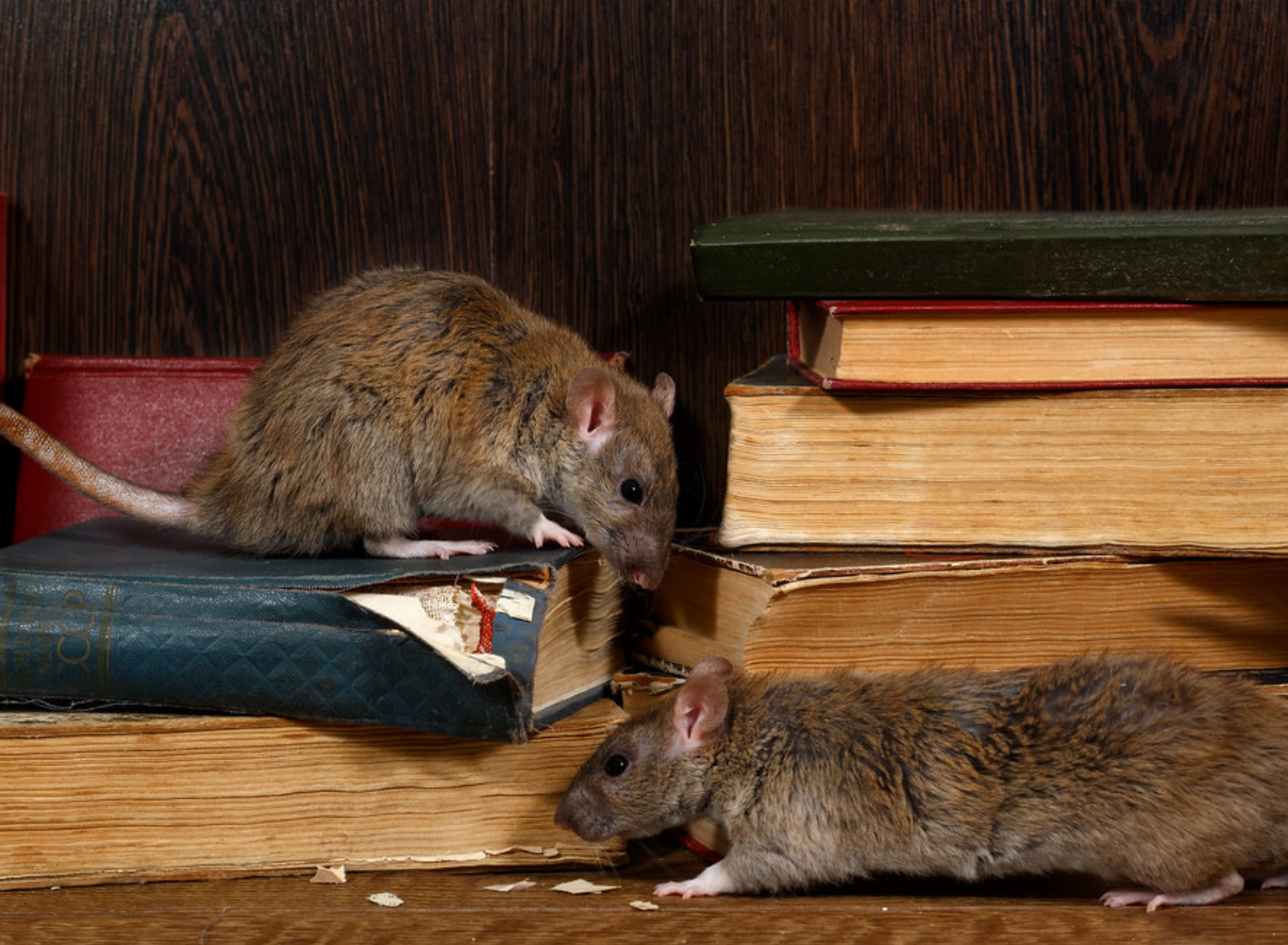How Long Can a Mouse Live Without Food
Mice are recognized for their capability to adjust to various surroundings and prosper in challenging situations. A common inquiry about mice concerns their survival duration without consuming food.
A mouse can survive without food for up to two to four days. However, this time frame can vary depending on several factors, such as the age and overall health of the mouse, hydration, and environmental conditions.
Younger mice and those with underlying health issues may not survive as long without food, while mice with access to water may be able to last longer.

Source: Flickr
What we cover
ToggleFactors affecting how long a mouse can live without food
Mice, like all animals, have certain physiological and environmental needs. Several factors can determine how long they can survive when deprived of food. Here are the major factors that affect the survival time of a mouse without food:
- Body fat and overall health: Mice with more body fat can survive longer without food because they can use stored fat for energy. Similarly, a mouse that is generally healthier will have better resistance to the adverse effects of starvation.
- Water availability: While this question focuses on food, water is equally crucial for survival. Mice can die from dehydration much faster than from starvation. If a mouse has access to water but no food, it will typically live longer than if it had neither.
- Activity levels: A very active mouse will burn through its energy reserves faster than one that remains largely sedentary. So, mice that are less active or in a torpid state might survive longer without food than those that are active.
- Environmental conditions: The surrounding environment plays a role in determining how long a mouse can survive without food. For instance, cold environments can increase metabolic demands as the mouse burns more energy to maintain body temperature. On the other hand, a hibernating mouse in a cold environment can significantly reduce its metabolic rate, thus conserving energy.
- Age: Younger mice, especially those still nursing, may not survive very long without food as they have higher metabolic demands and fewer energy reserves than adults. Older mice might have accumulated more body fat, but they could also be less resilient to the physiological stresses of starvation.
- Genetics: Some mice might have genetic predispositions that allow them to handle starvation better than others. For instance, certain genes might promote more efficient fat storage or metabolism.
- Stress and psychological factors: Mice under stress, whether from being in a new environment, being exposed to predators, or other reasons, might have altered metabolic and physiological responses that could either decrease or increase their survival time without food.
- Previous nutritional status: A mouse that has been well-fed and nourished before food deprivation will likely have better energy reserves and overall health than a malnourished mouse. This can affect how long each can survive without further food intake.
- Presence of alternative food sources: Mice are opportunistic feeders and might find alternative food sources, even if they’re not their typical or preferred diets. For example, they might consume certain indigestible materials as a last resort.
- Disease and parasites: Mice suffering from diseases or heavily infested with parasites might have a reduced capacity to survive without food. Their already compromised health status can make them more susceptible to starvation.
Effects of food deprivation on mice

Source: Flickr
Food deprivation in mice can lead to a series of physiological, behavioral, and neurological effects as their bodies and brains attempt to cope with the lack of nutritional input. Here’s a detailed examination of the effects of food deprivation in mice:
Physiological effects
- Weight loss: The most immediate effect of food deprivation is a reduction in body weight. This reduction comprises the loss of both fat and lean mass.
- Metabolic changes: Mice will reduce their metabolic rate to conserve energy. This includes decreased body temperature and a slowdown in processes not essential for short-term survival.
- Reduced immune function: A lack of nutrition impairs the immune system, making the mouse more susceptible to infections.
- Reproductive impacts: Food deprivation can halt reproductive cycles in female mice and reduce sperm quality in males. A female may miscarry or give birth to smaller, less healthy pups if pregnant.
- Organ damage: Prolonged food deprivation can lead to damage in vital organs like the liver, heart, and kidneys.
- Endocrine disruptors: Hormonal imbalances may occur due to stress and energy conservation efforts, affecting glucose regulation and stress response.
Behavioral effects

Source: Flickr
Increased food-seeking behaviors: Starving mice become more active in searching for food, even taking risks they might usually avoid.
- Aggression: Mice can become aggressive due to competition for scarce food resources.
- Altered circadian rhythms: Their usual activity patterns might be disrupted, potentially becoming more nocturnal in their search for food.
- Hyperphagia: Once food is reintroduced, mice may eat voraciously, a behavior known as hyperphagia.
Neurological and cognitive effects

Source: Flickr
- Brain plasticity alterations: The structure and functionality of certain brain regions can be altered, with potential reductions in the sizes of specific regions due to decreased cell proliferation.
- Cognitive impairments: Food-deprived mice can show reduced performance in cognitive tasks, including memory and learning challenges.
- Neurotransmitter changes: Levels of neurotransmitters like serotonin, dopamine, and norepinephrine can be affected, influencing mood and behavior.
- Stress response: The brain’s stress system, particularly the hypothalamic-pituitary-adrenal (HPA) axis, becomes highly active during food deprivation, leading to elevated levels of stress hormones like corticosterone.
How long can a mouse survive without water?

Source: Flickr
Water is fundamental for all living organisms, and mice are no exception. While the topic often revolves around their survival without food, understanding how long mice can endure without water is equally critical.
Unlike food deprivation, where a mouse might survive for a few days depending on certain conditions, the absence of water proves lethal much more quickly. Mice can typically survive only a few days without water, with some reports suggesting they might perish in as little as 48 hours. The exact duration can vary based on several factors listed below.
- Metabolic water production: Like other mammals, mice can produce metabolic water when they metabolize food, especially fats. This metabolic water partially compensates for the lack of direct water intake. However, this isn’t sufficient to sustain them for extended periods.
- Humidity and environmental conditions: In areas with higher humidity, mice might be able to extract some moisture from the air or their surroundings, allowing them a slightly prolonged survival period. Conversely, in dry, arid environments, dehydration can set in much more rapidly.
- Physical activity: The more active the mouse, the faster it will lose water through respiration and perspiration. Mice less active or in a torpid state (a temporary hibernation-like state) will conserve more water.
- Diet: Mice that eat moisture-rich foods, such as fruits or insects, can extract some water from their food. However, this point becomes moot if a mouse is already without food, as in the previous topic.
- Age and health: Young, old, or sick mice may be more susceptible to the effects of dehydration. Juvenile mice, in particular, have less developed physiological mechanisms to cope with water loss.
- Body temperature regulation: A mouse’s body temperature can influence its water needs. If the environment is too hot, the mouse will lose water faster due to increased respiration and perspiration, accelerating dehydration.
FAQ's
Mice are omnivores, which means they eat both plants and animals. In the wild, they eat seeds, nuts, fruits, and insects. In a house, they will eat anything available, including crumbs, pet food, and even soap.
Mice can survive for several days without food or water and live in a wall for up to a week. However, they will eventually die of starvation or dehydration. If you suspect that there are mice in your walls, it is important to take action to remove them as soon as possible.
You may have come across the notion that mothballs can keep mice away or serve as a solution to rodent infestations; however, this is inaccurate. Mothballs are not an effective method for preventing or addressing issues with mice.
Certain scents are known to be displeasing to mice. These include the fresh aroma of peppermint, the pungent scent of garlic, the acidic tang of vinegar, and the strong smell of ammonia. Incorporating these odors into your surroundings may help deter mice and discourage them from frequenting specific areas.

Top Searches
What we cover
Toggle



